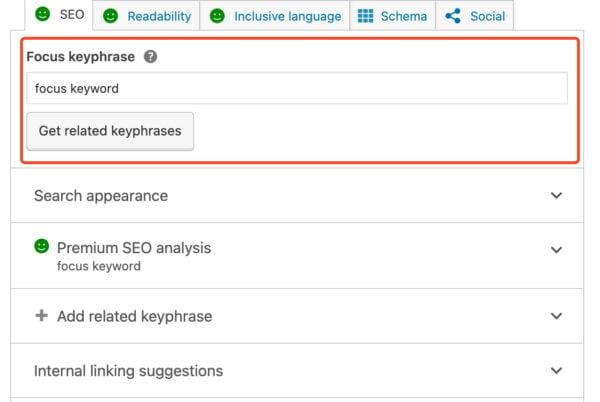Boosting Mozambique’s Rice Production: African Development Bank’s $22.8 Million Grant to Strengthen Food Security and Climate Resilience
In a decisive effort to reinforce food security and enhance climate adaptability in Mozambique, the African Development Bank Group has sanctioned a generous grant of $22.8 million dedicated to expanding rice cultivation across the country. This targeted funding underscores the bank’s dedication to advancing agricultural development while tackling climate change challenges in one of Africa’s most vulnerable nations. The program aims not only to elevate crop yields but also to empower farming communities through sustainable practices, ultimately steering Mozambique toward greater self-reliance and resilience amid environmental uncertainties.
Transforming Mozambique’s Rice Sector: Strategic Priorities of the African Development Bank
The infusion of $22.8 million by the African Development Bank is designed to revitalize Mozambique’s rice industry-a cornerstone for both national food security and rural economic growth. The grant will be channeled into several pivotal areas:
- Scaling Up Production: Encouraging adoption of advanced agronomic methods that are resilient against climatic fluctuations.
- Infrastructure Enhancement: Developing irrigation networks, modern storage solutions, and improving rural road access for efficient supply chains.
- Farmer Capacity Building: Delivering hands-on training and technical support aimed at maximizing productivity among smallholder farmers.
This initiative aligns with broader efforts by development partners committed to promoting sustainable agriculture while mitigating climate risks. Beyond increasing output, it seeks to integrate farmers into value chains by facilitating market access and financial inclusion opportunities.
| Main Goal | Description |
|---|---|
| Agricultural Yield Growth | Aiming for a substantial rise in rice production through innovative farming technologies adapted from successful models in Southeast Asia. |
| Climate Adaptation Strengthening | Building farmer resilience against erratic weather patterns via eco-friendly cultivation techniques. |
| Economic Empowerment | Catalyzing local economies by streamlining supply chains and opening new market avenues for producers. |
Sustainable Farming as a Pillar for Food Security Amid Climate Challenges
The approved funding represents an essential step toward embedding sustainability within Mozambique’s agricultural framework-particularly vital as climate variability increasingly threatens traditional farming systems. Core components include:
- Pioneering Climate-Smart Agriculture: Introducing soil conservation methods, water-efficient irrigation practices, and integrated pest management tailored for local conditions.
- Empowering Farmers Through Education : strong > Offering comprehensive training programs on adaptive techniques that reduce vulnerability while enhancing productivity . li >
- < strong >Access To Quality Inputs : strong > Facilitating availability of certified seeds , organic fertilizers ,and other critical resources necessary for improved harvests . li >
- < strong >Market Integration : strong > Establishing stronger linkages between producers , buyers ,and financial institutions ensuring stable income streams . li >
This holistic approach addresses intertwined issues-food scarcity exacerbated by environmental stressors-by combining financial investment with knowledge transfer and infrastructure upgrades across rural communities where over 70% depend on agriculture (FAO 2024).
| Focus Area th > | Projected Benefits th > tr > | |||||
|---|---|---|---|---|---|---|
| Nurturing Impact Through Community Involvement & Resource Optimization Strategies
The success of this ambitious project hinges on meaningful engagement with local stakeholders who possess invaluable insights into their unique agricultural landscapes. Prioritizing community participation ensures interventions are contextually relevant while fostering ownership among beneficiaries. Recommended approaches include:
/li> /li> /li> Effective resource stewardship complements community involvement by ensuring long-term viability through smart allocation mechanisms such as:
|

